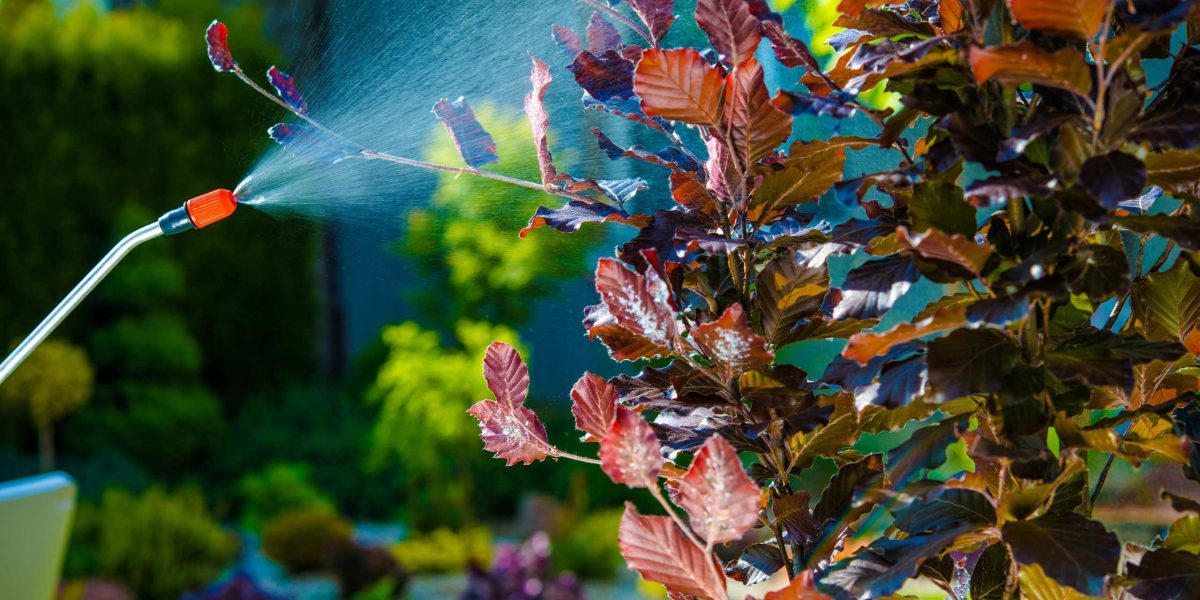As we embrace the beauty of our San Antonio landscapes, it’s crucial to tackle the challenge of pests in a way that safeguards our environment. At Lawn DR Landscaping, we understand the importance of maintaining the health and aesthetic appeal of your garden, while ensuring the safety of our planet. Eco-friendly pest control solutions offer a sustainable approach to managing common pests in our area, ensuring your outdoor spaces thrive in harmony with nature. Here’s how you can manage pests effectively without compromising on environmental safety.
Understanding Your Garden’s Ecosystem
Before reaching for any pest control solutions, it’s essential to understand the ecosystem of your garden. Every insect has a role to play, and not all of them are harmful to your plants. Identifying the beneficial insects from the harmful ones is the first step in eco-friendly pest management. Beneficial insects, such as ladybugs, praying mantises, and bees, are natural predators to many common pests and play a crucial role in pollination.
Natural and Non-Toxic Remedies
- Neem Oil: Extracted from the seeds of the neem tree, neem oil is an excellent all-purpose natural pesticide. It’s effective against a wide range of pests, including aphids, mites, and whiteflies, and works as a fungicide. Neem oil is safe for beneficial insects, only targeting those that chew or suck on leaves.
- Diatomaceous Earth: This powdery substance is made from the fossilized remains of tiny, aquatic organisms called diatoms. Sprinkling diatomaceous earth around your plants can create a barrier against pests like slugs and ants. It’s non-toxic to humans and pets but lethal to insects with exoskeletons.
- Insecticidal Soaps: Made from potassium fatty acids, insecticidal soaps are effective against soft-bodied pests such as aphids, spider mites, and whiteflies. They work by breaking down the insect’s outer layer, causing dehydration. These soaps are safe for most plants and beneficial insects when used correctly.
Cultural Practices for Pest Management
- Companion Planting: Some plants have natural pest-repelling properties and can protect neighboring plants. For example, marigolds repel nematodes and other garden pests, while garlic and chives can deter aphids.
- Regular Maintenance: Keeping your garden clean and free of debris can significantly reduce pest infestations. Remove weak or infected plants, as they can attract pests and spread diseases.
- Encourage Beneficial Insects: By planting a variety of plants that flower at different times of the year, you can attract and support beneficial insects that prey on pests.
Mechanical Controls
- Barriers and Traps: Physical barriers, such as row covers or netting, can prevent pests from reaching your plants. Traps, whether pheromone-based or simple sticky traps, can help monitor and reduce pest populations.
- Hand Picking: Although it may seem labor-intensive, manually removing larger pests like caterpillars and beetles can be effective for small infestations.
- Water Sprays: A strong jet of water can dislodge and remove pests like aphids and spider mites from your plants.
At Lawn DR Landscaping, we’re committed to providing sustainable solutions to enhance and protect your San Antonio landscapes. Adopting eco-friendly pest control methods not only preserves the beauty and health of your garden but also contributes to the well-being of our environment. If you’re looking for personalized advice or professional landscaping services that align with eco-friendly practices, contact us today. Together, we can create beautiful, sustainable outdoor spaces for you to enjoy for years to come.

